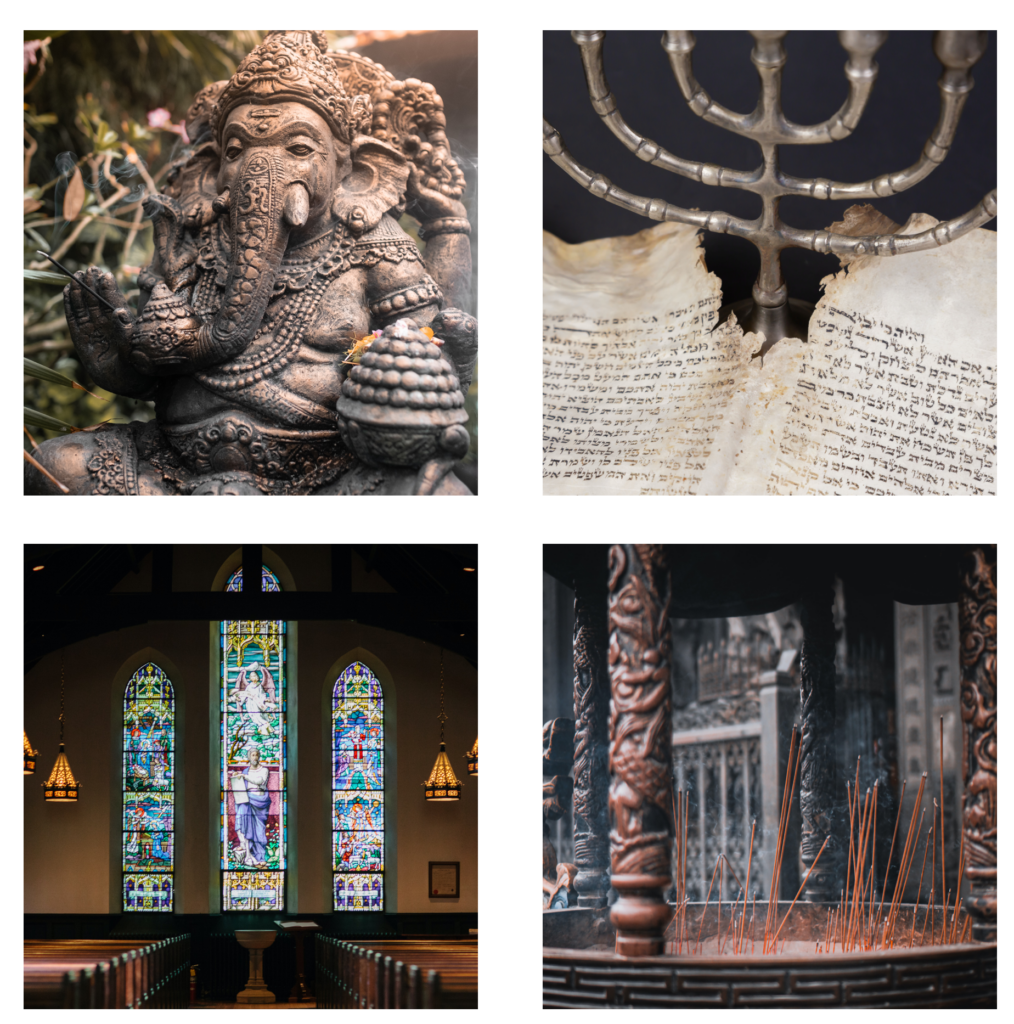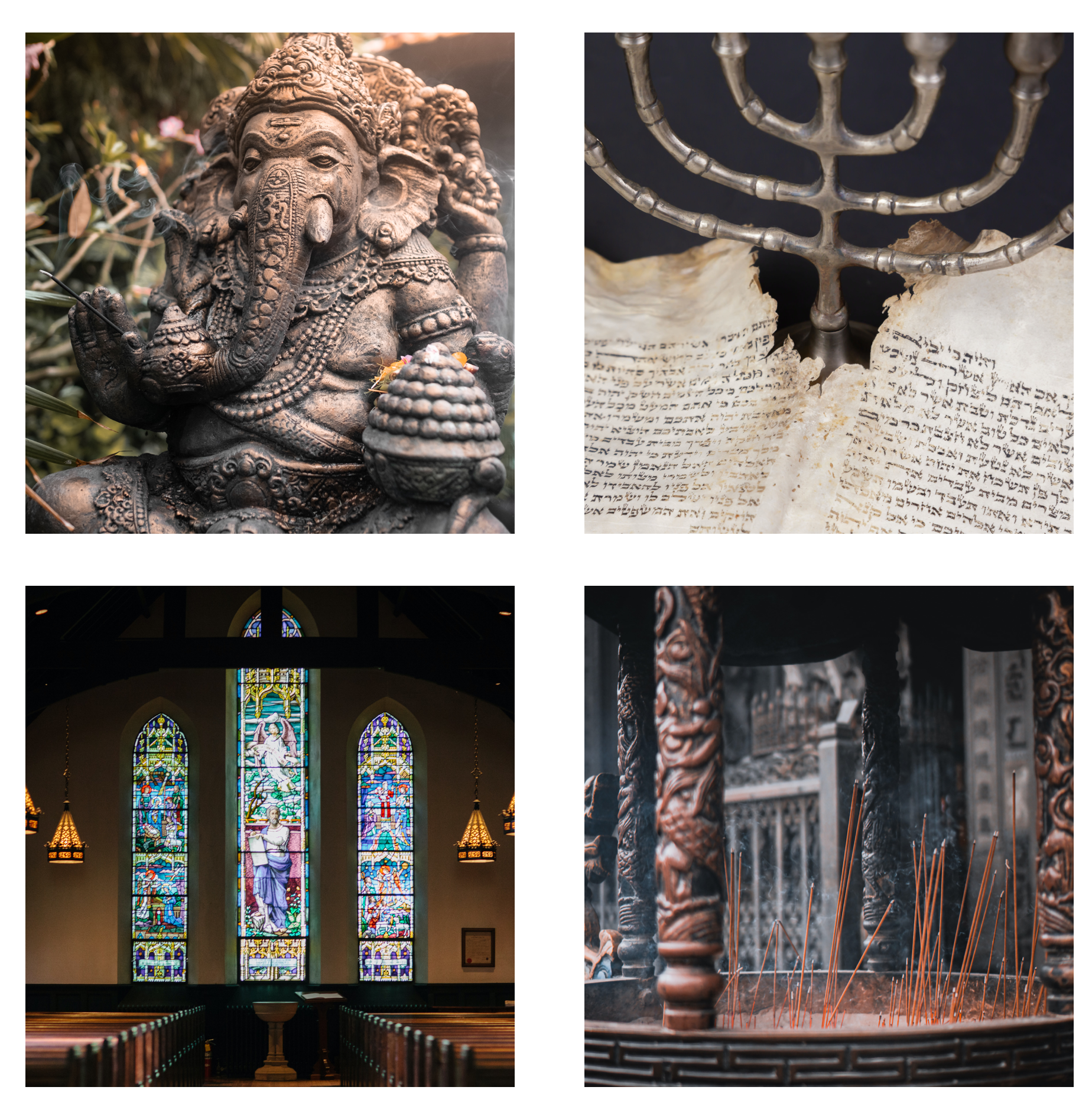

People often refer to the kind of work we do at PTU as “interfaith” or “multifaith.” These are good words. The challenge is with the word “faith”. Not all traditions use that word, and even many people in the Christian tradition use that word in different ways. For instance, some Christians use the word “faith” to refer to the whole tradition, others use it to mean trust, and yet others to refer to a list of required statements.
Others use the term inter-religious. This can be a good term, too. But the word “religion” is notoriously difficult to define. Most dictionaries will tell you that, today, it is commonly understood to mean “the belief in and reverence for a supernatural power” and “a set of beliefs, values, and practices based on the teachings of a spiritual leader”. Britannica has a less God-centered definition, explaining religion as “human beings’ relation to that which they regard as holy, sacred, absolute, spiritual, divine, or worthy of special reverence.” Also, “the way people deal with ultimate concerns about their lives and their fate after death.”
At PTU, we don’t use these terms very often. We’ve chosen to speak of “wisdom tradition” instead. We feel it is a more useful and neutral term to describe what we mean. More people feel included in that term. And we want to work with all groups that share our values and vision for a more peaceful and positive future.
Wisdom Tradition: A set of remembered stories, practices, deep truths, probing questions, and a capacity for self-critique exploring how human beings can live with meaning, community, and care for the earth. These include Buddhist, Hindu, Jewish, Sikh, Christian, Muslim, Taoist, Indigenous, agnostic, atheist, humanist and many other traditions.
Wisdom Communities: Local or regional groups gathered around a particular wisdom tradition.
We do, however, live in the real world where the terms “multi-faith” and “interfaith” are often used. So PTU staff will occasionally use them in public so that people can understand what we are doing.
At PTU we believe that wisdom traditions offer gifts for the common good and that when we partner with each other we can all contribute to a more hopeful and caring society. When we partner through our shared values, we proclaim our values are more important than inter-group rivalry, that our common humanity is more important than our differences. While each of us is part of certain ingroups, we are also all part of one larger human family.
